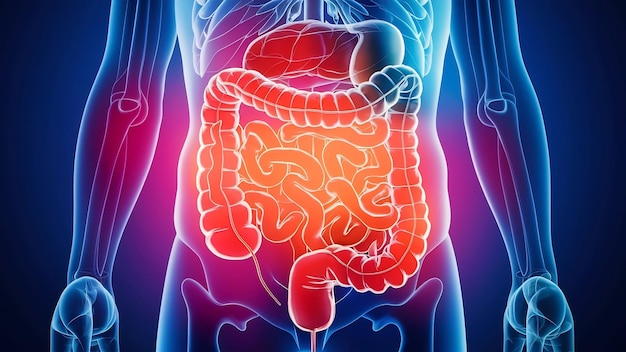
Introduction
A gastroenterologist is a physician who specializes in treating conditions of the digestive system. The stomach, intestines, pancreas, liver, gallbladder, and esophagus are all included in this. A wide range of disorders affecting these organs can be identified, treated, and managed by gastroenterologists with training. For the best gastric doctor near Nawanshahr, visit Hope Hospital for expert care and comprehensive digestive health solutions.
What They Do
Gastroenterologists perform various procedures to diagnose and treat digestive issues. Common diagnostic procedures include endoscopies, colonoscopies, and imaging tests like CT scans and MRIs. During an endoscopy, a flexible tube with a camera is inserted into the digestive tract, allowing the doctor to view the lining of the esophagus, stomach, and small intestine. A colonoscopy involves a similar procedure for examining the colon and rectum.
These specialists manage conditions such as gastroesophageal reflux disease (GERD), irritable bowel syndrome (IBS), Crohn’s disease, ulcerative colitis, celiac disease, and liver diseases like hepatitis. They also treat more common issues such as heartburn, constipation, and diarrhea.
Gastroenterologists provide care for patients with chronic conditions, helping them manage symptoms and improve their quality of life. They often work closely with dietitians, surgeons, and other healthcare professionals to develop comprehensive treatment plans.
When to See a Gastroenterologist
You should consider seeing a gastroenterologist if you experience persistent or severe digestive symptoms. Common signs that indicate you should visit include:
Chronic Heartburn or Acid Reflux:
A gastroenterologist can provide advanced treatment options if over-the-counter medications and lifestyle changes do not alleviate your symptoms.
Unexplained Abdominal Pain:
Persistent or severe abdominal pain could indicate a serious underlying condition.
Persistent Diarrhea or Constipation:
These could be symptoms of a more significant digestive disorder that requires specialized treatment.
Blood in Stool:
This can be a sign of bleeding in the digestive tract and should be evaluated immediately.
Difficulty Swallowing:
Trouble swallowing or feeling like food is stuck in your throat can indicate an esophageal disorder.
Unintentional Weight Loss:
Sudden and unexplained weight loss can be a sign of a gastrointestinal condition that needs attention.
Family History of GI Conditions:
If you have a family history of gastrointestinal cancers or diseases, regular check-ups with a gastroenterologist can help with early detection and prevention.
Conclusion
In summary, gastroenterologists play a crucial role in diagnosing and treating disorders of the digestive system. If you experience persistent digestive issues or have a family history of gastrointestinal diseases, consulting a gastroenterologist can provide the necessary care and management to improve your digestive health.








[…] post Understanding the Role of a Gastroenterologist: What They Do and When to See One appeared first on ezine […]